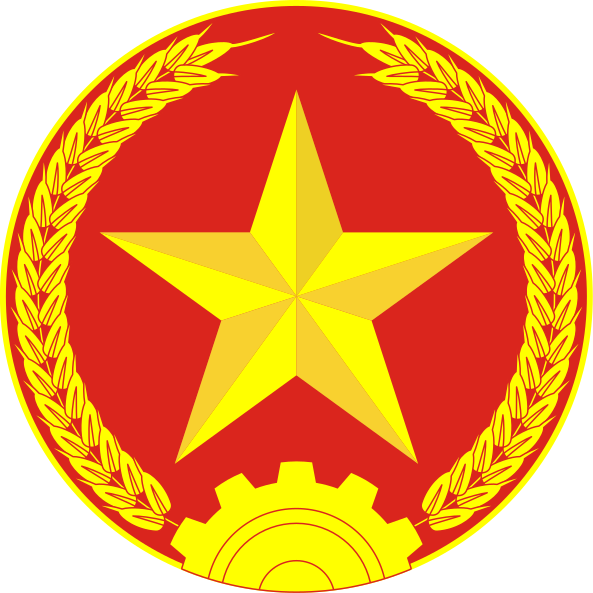

A predictable story from start to finish.


A predictable story from start to finish.


This is really giving Karl Marx too much credit. Granted, he was a brilliant thinker and analyst in the 19th century. But some of his followers hijacked his brand and launched the Soviet Union and the People’s Republic of China, with generally regrettable results. In this century, however, he’s mostly forgotten — except by a handful of real Marxists. And to make him relevant again, his followers are redefining him as a 21st-century thinker.
It was also the Marxism and “Amerikanizm” of the Bolsheviks, who under Stalin imported hundreds of American experts to build modern factories to enhance productivity and economic growth. All the Soviets really achieved was Chernobyl and the destruction of the Aral Sea, and a parody of western capitalism in which Communist party officials enjoyed a good standard of living and everyone else did not. Marx himself would have predicted the collapse of the Soviet Union from its own internal contradictions.
Marx actually began to think Russia might escape capitalism altogether by adopting its old communal society enhanced by some modern technology. Saito calls it “communism in living,” like the communism of the family extended to the larger community. Soviet Russia was a ghastly travesty of such communism.
The article starts off with anti-communist tropes and then further confirms that the article’s author fully buys into Western explanations and assumptions of history. In light of this, it is no surprise that the author’s endorsed solutions are inadequate and it is also no surprise that other solutions based off of existing successes in the PRC and elsewhere are absent in the article.
These are the proposed solutions mentioned in the article:
Certainly, the shortening of the working day is a precondition for the expansion of the realm of freedom, but the fairer (re)distribution of income and resources can also shorten the working day without the increase of productive forces. In addition, by cutting down unnecessary production in branches such as advertisement, marketing, consulting and finance, it would also be possible to eliminate unnecessary labour and reduce excessive production as well as consumption.
The first proposition, reduction of working hours, is fine by itself and has been historically fought for and granted by the Soviet Union and other socialist movements and powers. In the context of the article which has explicitly argued against industry, the author is implicitly arguing for more labor to be engaged in menial work because that’s the only allowable path to compensate for a drop in working hours.
For the second proposition, the author is effectively saying that one only has to change the superstructure to arrive at utopia. The proposition is nonsense both in freeing labor and in explaining why trends like planned obsolescence exist. In the United States , the employment of people in the mentioned fields amount to at most 2.4m people. U-6 unemployment presently (7.1%) accounts for ~11m people. In other words there are already many people who are free for work and whose desire for work helps suppress the wages of others. If anything creating employment that will be the difficult task ahead. The author also demonstrably ignores the base with by laying the creation of trends like planned obsolescence at the feet of marketing, advertising, etc. Even if such superstructural economic sectors were to miraculously disappear, planned obsolescence would still be implemented in order to stave off a crisis of overproduction with the only difference being how it will be justified.
In conclusion, if “Degrowth Communism” is to be in favor of anti-communism, deindustrialization, and the feudal mode of production, then it will find purchase primarily in the West in order to divide and suppress socialist movements alongside compradors in the Global South. The PRC and the rest of the world will seek a different model whose logical endpoint is not the impoverishment of the Global South for the sake of the West.


It’s not coincidental that Lefteast keeps on publishing a ton of nonspecific leftists and liberals. It’s not a coincidence that their “anti-war” tag is filled up with results applied to Russia yet never Ukraine or their Western backers. Their loyalties are wholly with the West especially when they publish an article petitioning for even more effective economic warfare and color revolutions: https://lefteast.org/invasion-should-change-sanctions/


Yeah the article itself is decent when it’s not hitting the limits of ultra-leftism with regards to geopolitics.
There’s some real stinkers on the website though: https://lefteast.org/wagnerization-how-putin-degraded-the-russian-state/
A democratic transition in Russia, which is not accompanied by the disorganization of the state similar to the 1990s, will be a real miracle. And yet, only a democratic transition can ultimately lead to the emergence of a strong, capable state in Russia. Putin’s model of authoritarian state-building showed its results after 23 years: the bombing of the highway near Voronezh, the dead pilots, the Deputy Minister of Defense, being scolded by a former criminal who now leads the army of criminals. “Russia needs a strong state power and must have it.” … Ilya Matveev is a researcher focusing on Russian and comparative political economy. His academic work has appeared in South Atlantic Quarterly, Journal of Labor and Society, Europe-Asia Studies, East European Politics and other journals. He has contributed to Jacobin, openDemocracy and other media outlets. He is a member of the Public Sociology Laboratory, a group of Russian social scientists studying post-Soviet societies from a critical perspective. Ilya is also an affiliate of the Alameda Institute, a new research network of left-wing intellectuals.
It’s a pretty fascinating juxtaposition between that article about how liberalism deindustrialized Kyrgystan and only to then see this republished article concluding there is a need for even more liberalism to be applied again to the Russians written by someone with a background compatible with liberalism.
Only in the West can one find a way to interpret an increase in armored vehicle production by the opposition to actually be good news because it’s actually fake.